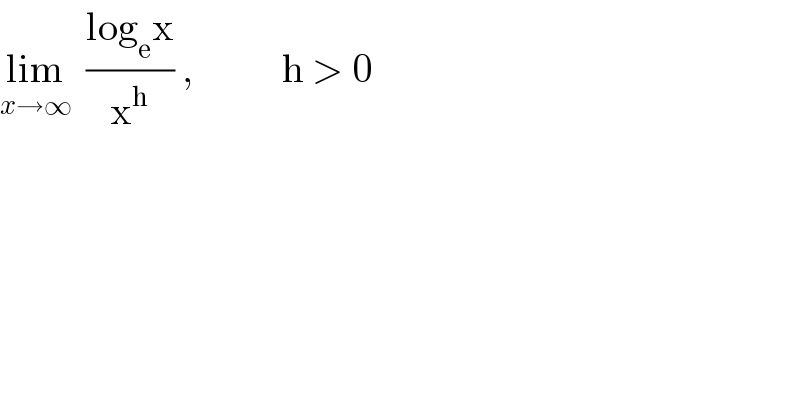
Question and Answers Forum
Question Number 28098 by tawa tawa last updated on 20/Jan/18

Answered by ajfour last updated on 20/Jan/18

Commented bytawa tawa last updated on 21/Jan/18

| ||
Question and Answers Forum | ||
Question Number 28098 by tawa tawa last updated on 20/Jan/18 | ||
 | ||
Answered by ajfour last updated on 20/Jan/18 | ||
 | ||
| ||
Commented bytawa tawa last updated on 21/Jan/18 | ||
 | ||